

Four Verses of Self Pleasure(2021)
Touching ourselves beyond pleasure
Seven women and one non binary person share their personal experiences with masturbation through short anecdotes and a revolutionary washing machine.
Movie: Four Verses of Self Pleasure
Top 8 Billed Cast
Glòria
Javiera
Salima
Ona
Patricia
Cora
Lívia 'Nêga'
Virginia

Mojarse en Cuatro Versos
HomePage
Overview
Seven women and one non binary person share their personal experiences with masturbation through short anecdotes and a revolutionary washing machine.
Release Date
2021-06-08
Average
0
Rating:
0.0 startsTagline
Touching ourselves beyond pleasure
Genres
Languages:
CatalàEspañolKeywords
Similar Movies
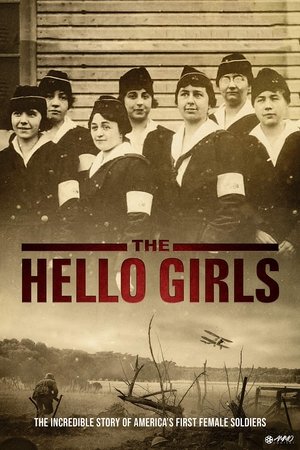 8.0
8.0The Hello Girls(en)
In 1918, the U.S. Army Signal Corps sent 223 women to France as telephone operators to help win the Great War. They swore Army oaths, wore uniforms, held rank, and were subject to military justice. By war's end, they had connected over 26 million calls and were recognized by General John J. Pershing for their service. When they returned home, the U.S. government told them they were never soldiers. For 60 years, they fought their own government for recognition. In 1977, with the help of Sen. Barry Goldwater and Congresswoman Lindy Boggs, they won. Unfortunately, only a handful were still alive.
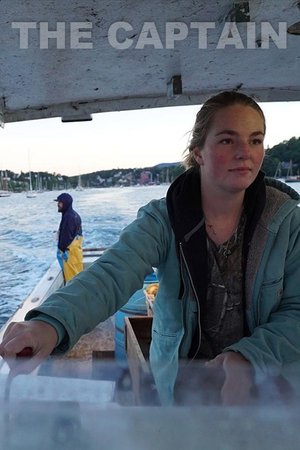 8.0
8.0The Captain(en)
Of Maine’s more than 5000 commercial lobstermen only 4% are female. The Captain celebrates that fearless minority through the lens of Sadie Samuels. At 27 years old, she is the youngest and only female lobster boat captain in the Rockport, Maine harbor. Despite the long hours and manual labor of hauling traps, Samuels is in love — obsessed even — with what she calls the most beautiful, magical place on the planet. Her love for lobster fishing was imparted early in her childhood by her dad Matt, who has been her mentor and inspiration since she was a little girl in yellow fishing boots.
Virago: Changing The World One Page at a Time(en)
Despite the 1960s free-love and alternative culture, many women found that their lives and expectations had barely altered. But by the 1970s, the Women's Liberation Movement was causing seismic shifts in the march of the world's events, and women's creativity and political consciousness was soon to transform everything - including the face of publishing and literature. In 1973 a group of women got together and formed Virago Press; an imprint, they said, for 52 per cent of the population. These women were determined to make change - and they would start by giving women a voice, by giving them back their history and reclaiming women's literature.
 7.7
7.7The Prostitutes of Lyon Speak(fr)
Documentary about the Lyon sex workers who occupied the church of St. Nizier on June 3, 1975.
 8.7
8.7Genderbende(nl)
A compelling feature length documentary about five young people who neither feel male nor female, but rather somewhere in between.
 10.0
10.0out of frame(es)
Six professionals in the audiovisual field share their experiences through a visual and sound sensory journey
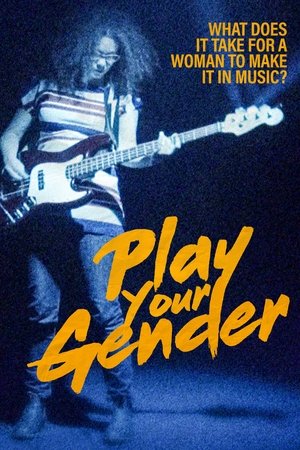 5.0
5.0Play Your Gender(en)
Juno Award-winning musician Kinnie Starr is on a quest to find out why only 5% of music producers are women even though many of the most bankable pop stars are female. What does it take for a woman to make it in music?
 6.1
6.1India Cabaret(hi)
A documentary exploring the "respectable" and "immoral" stereotypes of women in Indian society told from the point of view of 2 strip-tease dancers in a cabaret house in Bombay.
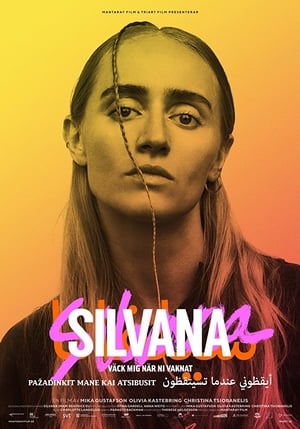 5.0
5.0Silvana(sv)
A documentary about the Swedish rapper and artist Silvana Imam.
 5.7
5.7Regarding Susan Sontag(en)
An intimate study of one of the most influential and provocative thinkers of the 20th century tracking feminist icon Susan Sontag’s seminal, life-changing moments through archival materials, accounts from friends, family, colleagues, and lovers, as well as her own words, as read by Patricia Clarkson.
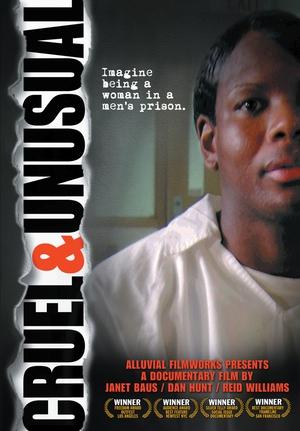 5.5
5.5Cruel and Unusual(en)
Five transgender women share their prison experiences. Interviews with attorneys, doctors, and other experts are also included.
 0.0
0.0This Is How a Child Becomes a Poet(fr)
The last day of Patrizia Cavalli’s home. Before it’s all gone.
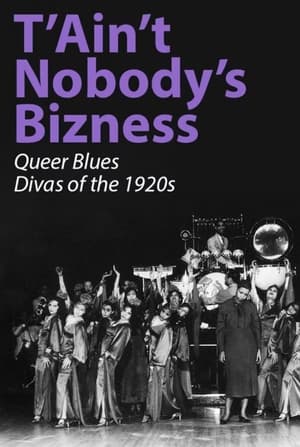 0.0
0.0T'Ain't Nobody's Bizness: Queer Blues Divas of the 1920s(en)
The 1920s saw a revolution in technology, the advent of the recording industry, that created the first class of African-American women to sing their way to fame and fortune. Blues divas such as Bessie Smith, Ma Rainey, and Alberta Hunter created and promoted a working-class vision of blues life that provided an alternative to the Victorian gentility of middle-class manners. In their lives and music, blues women presented themselves as strong, independent women who lived hard lives and were unapologetic about their unconventional choices in clothes, recreational activities, and bed partners. Blues singers disseminated a Black feminism that celebrated emotional resilience and sexual pleasure, no matter the source.
 0.0
0.0in the name of tradition(en)
The destiny of women is irrevocably linked to blood. Between tradition and modernity, the female body has been marketed, honored, and mutilated.
 6.0
6.0Bicycling Group(en)
A staged film where over 100 cyclists cycle towards the camera.
 7.5
7.5She's Beautiful When She's Angry(en)
A documentary that resurrects the buried history of the outrageous, often brilliant women who founded the modern women's movement from 1966 to 1971.
 0.0
0.0TOMBOY(en)
TOMBOY explores the obstacles that young girls encounter on the recreational stage, the stereotypes, language issues and cultural disparities that follow, and ultimately the insufficient media coverage and compensation that afflicts elite professional athletes seeking full recognition for their talents. The journey of the female athlete is often discouraging, and despite progress achieved during the Title IX era, gender equity in athletics has a long way to go.
 5.8
5.8Town Bloody Hall(en)
Norman Mailer and a panel of feminists — Jacqueline Ceballos, Germaine Greer, Jill Johnston, and Diana Trilling — debate the issue of Women's Liberation.

